Have The Foster Care System Failed Us?
What is the first thing that comes to your mind when you hear these words “foster care?” A program established by the government that is beneficial for children whose parents aren’t financially, mentally or emotionally stable enough to take care of their children, and these services are overseen by various child protection agencies, depending on the country in view.
Well, ideally that is correct. The intentions behind foster care services are genuine: to help these children have a better life. Sad to say, but the truth is good intentions aren’t just enough to make things work. Intentions aren’t enough to make a planned action yield desirable results. Hence, a considerable amount of effort has been put in place by the government to make the foster care system a success.
“Success” is an interesting word, it implies that an attempt yields desirable outcome. It could be subjective though, because we all have our definitions of success. But in this article, I would try as much as possible to be objective in the best way that I can.
Moreover, the foster care system have several effects on these kids and some of those effects would be discussed in this article.
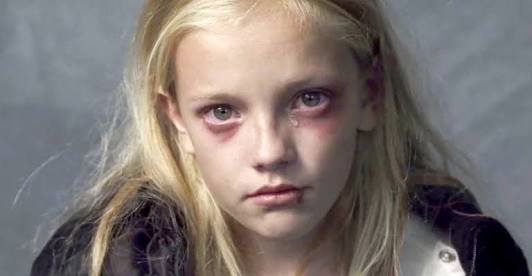
1. Trust Issues
While in foster homes or orphanages or both, many children face abuse, emotionally and sometimes physically, either by other foster kids or the adults that are supposed to provide care for these kids. Such violation can/would have negative effect on the abused children. Hence, these abused children find it hard to trust anyone in the future, as their perception about the world has changed. For they would see people extending hands of friendship to them as though they are seeking to get their selfish desires satisfied.
As an adult, I personally have had my fair share of betrayal in life. Anytime I’m betrayed, disappointed or exploited, it becomes even more difficult for me to trust people. However, maturity and assistance from knowledgeable individuals have helped me to deal with this. Now if this can cause such emotional tension and stress for an adult, it would extremely be difficult to deal with as a child.
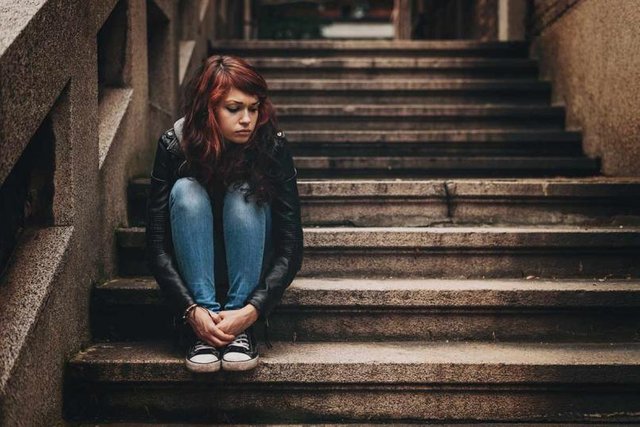 Photo Credit
Photo Credit2. Instability in the Child’s Life
To bring up children whom are balanced mentally and emotionally there need to be a level of stability in their life. Even as adults we need stability to be balanced in these areas. However, a foster child moves about 7 times on average from one to home to another. This is detrimental to these kids, especially in a tender age. When a person lacks stability in life, the resultant effect is finding it hard to form lasting relationships with people.
Later in life, this could pose a really big problem for the children whom grew up with such instability, as most grow up becoming unstable individuals. Consequently, relationships like marriages need a healthy level of stability, but when one lack the ability to invest stability to a marital union, such union tends to fade off with time. Hence, leading to failed marriages in the future.
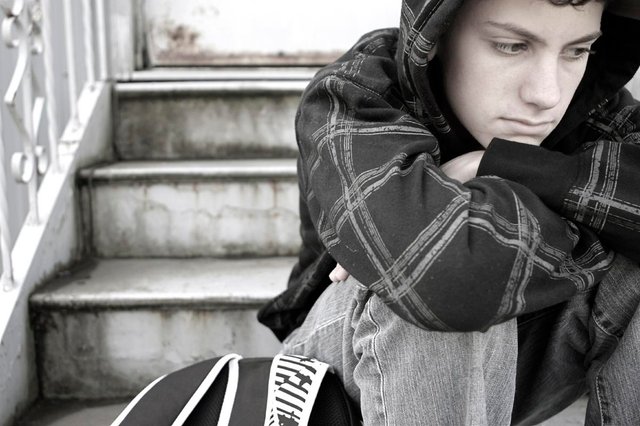 Photo Credit
Photo Credit3. Feeling Unwanted
Some children are taken from their parents by children protection agencies at a very tender age. As a result, these kids may not fully understand the reason for their adoption from their real parents. Therefore, some assume that they were never wanted by their real parents and that was why they gave them up.
To make it worse, some foster kids get rejected severally by various foster homes, making them feel even more miserable about themselves. Almost 32% of foster kids wait for three years or more before being adopted. And more than 15,000 foster kids have been waiting for the past five or more to be adopted.
 Photo Credit
Photo Credit4. Unemployed and Homeless
Recent studies have shown that youth who have left foster care are more likely to be high school drop outs than those in the general population. Thereby becoming unemployed, and dependent on public assistance. Thus most of them find themselves in prisons, others homeless, or becoming parents at a very early age, hence, continuing the "foster loop."
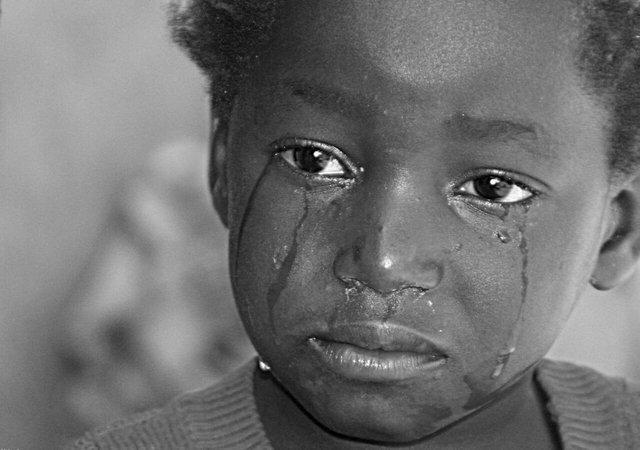 Photo Credit
Photo Credit5. Lack of Adequate Care
25 states out of the 50 states in the US do not meet the federal standard of keeping children safe while in care. Nevertheless, more than half of the kids in foster care are not taken care of properly, and thus affect the overall health of these children. Some do not wear good clothes and/or being fed with good diet.
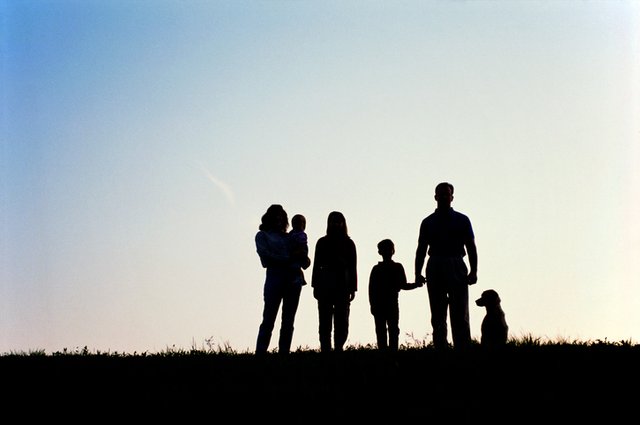 Photo Credit
Photo Credit6. Tainted Understanding of What a Family Means
Being raised in a family filled with love of a mother, father and even siblings have physical, psychological, emotional and mental impact on the child’s life. Most children have an emotional attachment to either or both parents, and this is fundamental for the development of a child.
In a scenario where a child grows without this attachment, it affects the child's understanding of what a family means and this can lead to effects already mentioned.
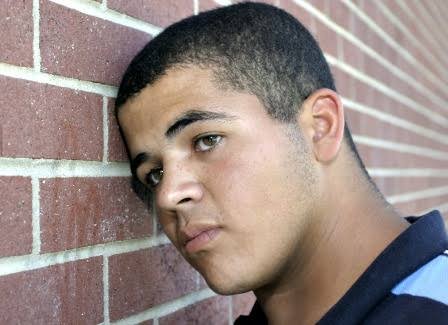
7. Deteriorating Health Problems
According to a study conducted by Elizabeth Wall-Wieler, a doctoral candidate with the Manitoba Centre for Health Policy. She mentioned that:
"Research has shown that the children often suffer and we see much higher rates of suicide attempts and suicides among children… but now we also know this has really bad consequences for mothers," - Elizabeth Wall-Wieler
In this research conducted with her colleagues in the University of Manitoba. Wall-Wieler explained that:
"We saw that in the two years leading up to the child being taken into care, these mothers had much higher rates of mental illness, treatment use, and social instability, but in the two years after, their mental health deteriorated much more and they used much more treatments, indicating that having a child taken into care can actually have a really detrimental effect for her health and wellbeing."
In conclusion, adopting the children whose parents are not able to support their children as a result of lack of financial buoyancy is not the best course of action. What these parents actually need is financial support not taking their loving kids away from them.
Furthermore, the foster care system is imperfect and heavily flawed. The question again is "have the foster care system failed us?"
References
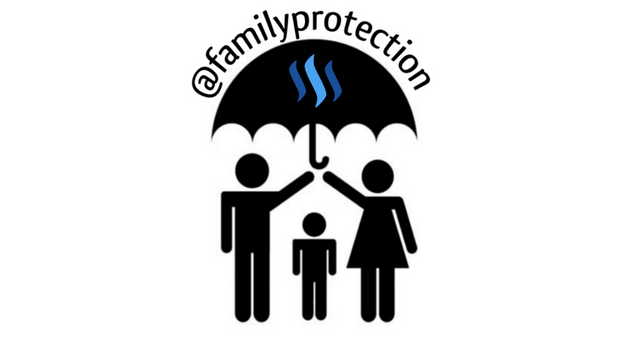
@familyprotection
To be perfectly honest with you I could write a book not a article for both sides of the foster home debate. I think that the thing that stood out most for me reading this material was the fact that they stated in all reality perfect data would be physician based data based on before going into foster versus after would be the best data but because children from disadvantaged often poverty stricken environments aren't taken to the doctor like children who are in foster care, therefore data showing that children in foster care have more problems is naturally going to be more prevalent. The questions then become does this do more harm? Yes it does because foster families can't deal with the diagnosed problems that came with the children and are then passed from foster home to foster home. Does this disrupt the development of the child to adjust normally as a adult? Yes it does. Though that doesn't mean it's primarily the fault of the foster care system, meaning the problems were already in full play when the child entered foster care therefore if they had not gone into foster care the problem would still exist. One of my favorite ways to describe myself is that I am a highly functional dysfunctional and that is basically because we normalize our dysfunctional behavior, such an example of this would be being drawn to alcoholics like a magnet. It's because I spent my whole life around alcoholic's so their behavior and environment seems normal to me so I have to be really careful around men for this reason. If I had not sought out several years of counseling as an adult I would not see this therefore my environment would be a whole lot worse. In most situations children are often returned to their families but the underlying problems still exist throughout the family, once children are no longer supervised by workers those families tend to slowly slip back into their old patterns of behavior and children are more prone to be acceptable to the behaviors because they don't want to go back into the system, a system that also at that point really don't want them because they are older now, not adoptable and the system is full of large institutions and groups homes with them. The added destructive bonus to it all is that now these children not only have to continue living in a dysfunctional environment some now have developed a detachment disorder. This will easily convey to them that family isn't a important structure to maintain, that when the going gets roughs it's perfectly acceptable to just walk away.
Sorry you had to go through a rough childhood.
I appreciate your feelings. Thank you. The path I walked didn't end in childhood unfortunately, there was six of us, two of us came out of it somewhat self adjusted enough to face life, the others I could write a book about, it was horrendous for them and how their life folded out and the rippling effect that unfolded upon my family for decades even for the next two generations to come. Our system here isn't a perfect system, there are many countries with imperfect systems and some with no system at all, no matter where one goes those who suffer the most will always be the most vulnerable, the children.
This was a very thoughtful and insightful read. I've seen and hear about kids in foster care all the time. However, I've also seen the negative effects that come with assigning the child to a family member. I've seen kids have both positive and negative effects by being raised by Grandma or an aunt. Thus, IDK if that is much better. It might be better to keep the child with their parents but some parents just can't do it and that's why this is such a tough issue that we really need to discuss more. Because you're right it isn't as easy as just taking the kids away from their home.